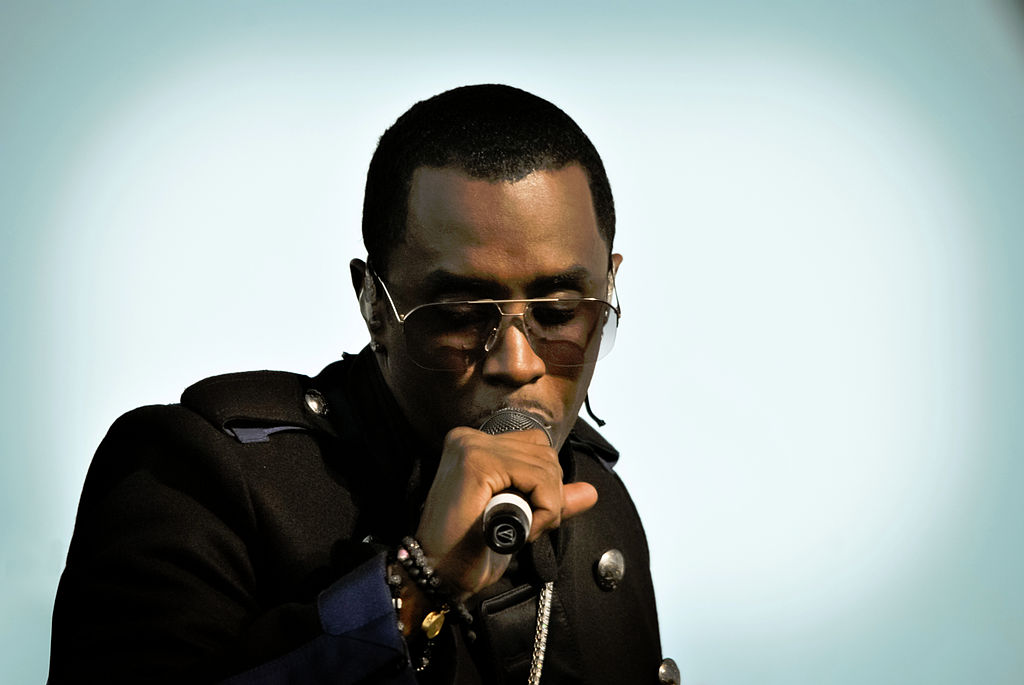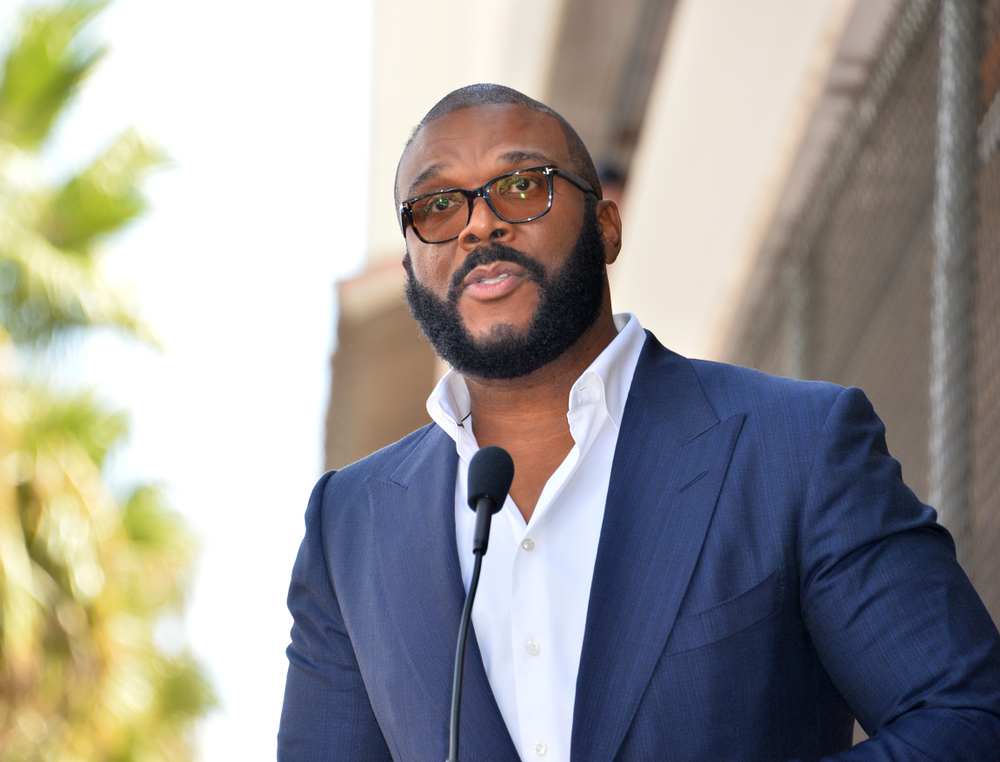Bill Cosby, P. Diddy and R. Kelly represent undeniable and important parts of Black culture. Their contributions to the Black cultural zeitgeist of the late 20th century were so bankable, that even white people wanted in. Their impacts were so indelible that their deletion would create a gaping hole in the Black cultural sphere. I am not merely talking about just them, but also the people and entities they helped foster, mentor or create. If there were no Bill Cosby, there would be no Cosby Show and there would be no, A Different World.
R. Kelly has penned hits for Michael Jackson, Toni Braxton, The Isleys, Mary J. Blige, B2K, Celine Dion, Nas, and, of course, Aaliyah. Everything R. Kelly seemed to touch either went platinum or to high school. Diddy is responsible for the careers of Mary J. Blige, B.I.G. Mase, Loon, the Lox, Danity Kane, K-CI & JoJo, Faith Evans, Da Band, French Montana, Janelle Monaé and his mother’s Janice Combs’ wallet, for she had more publishing credits than artists. All of these men have been accused of using their wealth and power to sexually assault, manipulate, threaten, harass and physically subdue their victims. Additionally, there are people in the Black community who think they are deserving of more protection than their victims, and that holding them accountable is a greater sin than the ones they’ve been accused of.
The protection of Cosby was easier to justify, than the other two, and therefore more fervent. Cosby was America’s dad. He was a funny and loving father figure, with a gorgeous wife, happy but very human kids, and a thriving practice as an OB/GYN who practiced medicine—in his basement. Heathcliff Huxtable and Billy Cosby were synonymous; there was no demarcation of the two. Both were doctors, (in their own rights). Both had beautiful families and wives.
Both were the epitome of Black excellence.
Dr. Huxtable/Cosby was a role model and a steward of escapism for those who lacked a solid father figure and unlocked the ultimate level in dad, for those who may have needed a better one. He was the king of respectability politics, a man known for telling young Black men and boys to pull their pants up, while his were pulled down around his ankles. Cosby was the entrée where Black excellence could become American excellence. The Huxtables represented such purity and wholesomeness that for a second, America could forget that it was a Black family. America might be able to accept the family next door being Black if they were anything like the Huxtables. People hated the idea of Cosby’s guilt because it was an indictment of the most pristine image of Blackness. The true-enough narrative of a white woman falsely claiming rape is charred into the Black consciousness. The narrative is not only responsible for Black men unjustly serving jail time, but also their murders, and the murders of innocent people in towns that were transformed into a scorched memory, by a white woman’s vocal cords. Cosby raped white women and he also raped Black women, too.
Jewel Allison, one of Cosby’s victims, told the Washington Post, “[f]or so many of the African American men I knew, William H. Cosby, Ed.D, provided a much-needed wholesome image of success, and the character he made famous was their model for self-worth and manhood. I knew that, in my reluctance to add my assault to the allegations facing Cosby, I was allowing race to trump rape.” Cosby’s being nicknamed “America’s dad,” is a bit ironic, when you think about how many Black families, or hell American families, are insistent on protecting their predatory patriarchs. The portrayal of good is much more important than the actual execution of it.
I truly believe that if the majority of R. Kelly’s victims were teenage boys, his support would have not been as strong, but R. Kelly was essentially living out a very accepted taboo in the Black community. Was it that Kelly’s proclivities were hiding in plain sight, or were they not hiding at all? There was no backlash against a man who pinned an album titled, “Age Ain’t Nothin’ But a Number,” for his rumored, and later confirmed 15-year-old bride. R. Kelly even needing to ask for I.D. was not an issue, nor any of the other questionable lyrics of “Bump N Grind,” because many of Kelly’s male supporters were also picking their girlfriends up from high school. One of the saddest truths about popular Black music is the underlying current of rape culture in so many songs. Countless popular songs mention getting women drunk or high and then having sex. A bit more common in the 90s, songs often mentioned sex with underage girls, as well as the prevalence of pimp/hoe culture which we still see, today.
Kelly made music for the soundtrack of the highest level of nirvana: sex. He made music that tasted like nostalgia and a good joint when it hits the back of the mouth; that’s a hard thing to give up. But the fact remains, whether explicit or not; he was making songs about sex with underaged girls. If they were his sexual muses, they were his muses for his sexual music; you cannot separate the two. His pattern of abuse still gets to be written off, every single time. The frequency of his behavior still gets the grace of being treated like a new mistake. Whether some parents of his victims threw their children to the wolves or not, R. Kelly still eagerly violated them.
There is no prey if there is no predator.
Diddy represents achieving a-once-thought impossible opulence for Black excellence. He is the epitome of what it means for a Black man, who represents hip-hop culture, to be rich beyond his wildest dreams. A teenager in his mid-50s, Sean Combs, aka Diddy, aka Brother Love, aka Mr. Can’t Stop Won’t Stop….because I don’t care about consent, lives a life that other über-famous people envy. His parties were…notorious for being a who’s whosery of only the coolest. The use of Proactiv surely allowed Diddy to preserve his youth and his sexy, aided by his soft life, both have seemingly spared him the indignity of aging and his wealth has spared him the indignity of accountability. Diddy has notoriously stolen from Black artists while maintaining protection from the industry.
He is a Black capitalist who does little for the Black community that is hellbent on continuing to support him.
There is a nasty history of Black men being falsely accused of rape, but that does not mean Black men have never been raped. Black girls and women endure the brunt of violations and are also told to be the quietest about it or are blamed for their own violations. Someone has to pay the price for the misunderstanding, coupled with the communal desire to still protect Black men who do harm, especially the ones who have achieved a significant level of success, even at the detriment of our community. The whims and fancies of 14-year-old girls are dismissed in any other capacity, except when it comes to consenting to sex with adults. Men consider themselves natural leaders but somehow can’t help but be transfixed and manipulated by the sexual enticements and maturity of someone who is still going through puberty. I, myself, have even fallen victim to the ideology that it was incumbent upon me to protect someone after they actively harmed me. As a survivor of domestic violence, I endured years of abuse. I lost my job the day I came back from his hearing late. I attended the hearing to help have his charges reduced, charges which stemmed from his arrest after our final altercation. I feared another Black man’s future would be swallowed up by the system, a Black man that I feared for years after.
His current wife has had him jailed multiple times. I guess my protection couldn’t save him from jail or himself. But bad behavior will never see itself, if everyone closes their eyes, and a community will never heal when the doctors are the ones doing the harm.








